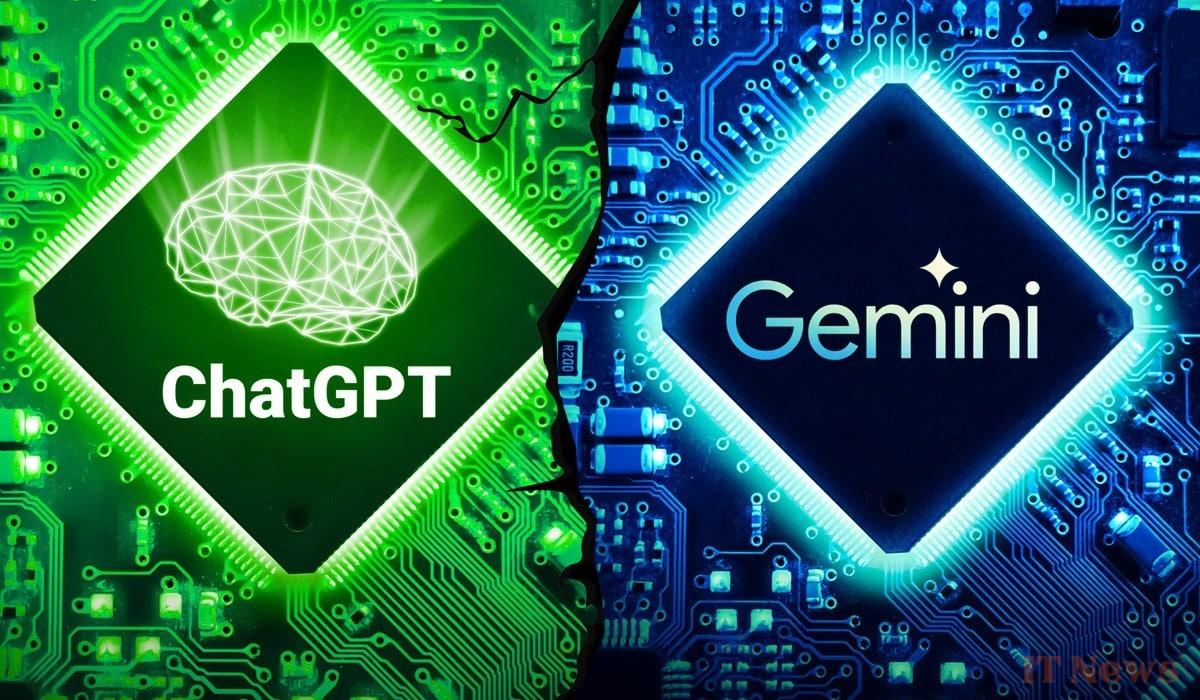AI is shaking the foundations of copyright law, where a major battle is being played out between the protection of intellectual creation and scientific development. At the forefront, Google and OpenAI are campaigning for a broader interpretation of the fair use doctrine, an initiative that could redefine the balance between innovation and intellectual property.
Fair use, the battle cry of AI giants
Historically, fair use allows protected works to be used without authorization for purposes such as research or education. A framework that, according to OpenAI and Google, should now encompass the training of artificial intelligence models. Their argument: these AIs do not directly reproduce works, but draw inspiration from their structures and patterns to generate new content.
Problem: Applying this doctrine to AI models raises new questions. The criterion of the "transformative" nature of the use, central to the evaluation of fair use, becomes unclear in the face of technologies that ingest and analyze thousands of protected documents. Do these models truly transform the original work, or do they simply exploit its essence without compensation for the creators? A legal uncertainty that fuels a burning debate.
Geopolitical pressure and the race for AI
Beyond purely legal issues, American AI giants put forward another argument: the technological supremacy of the United States. Google and OpenAI defend the idea that easier access Access to protected data is essential to maintaining their lead against China. In the Middle Kingdom, developers benefit from massive government support and extensive access to the databases needed to train models.
In this context, restricting access to protected content could, according to these companies, slow down American innovation and compromise its competitiveness. A rhetoric that places the debate on highly strategic ground, where the protection of copyright clashes with the imperatives of national security and economic leadership.
Faced with this desire for flexibility, creators and rights holders are expressing their fears. Too broad a use of fair use could reduce their ability to monetize their works, weakening an economic model already weakened by massive digital distribution. Authors' advocacy organizations fear that this dynamic will only benefit tech giants, with no benefit for artists and publishers.



0 Comments